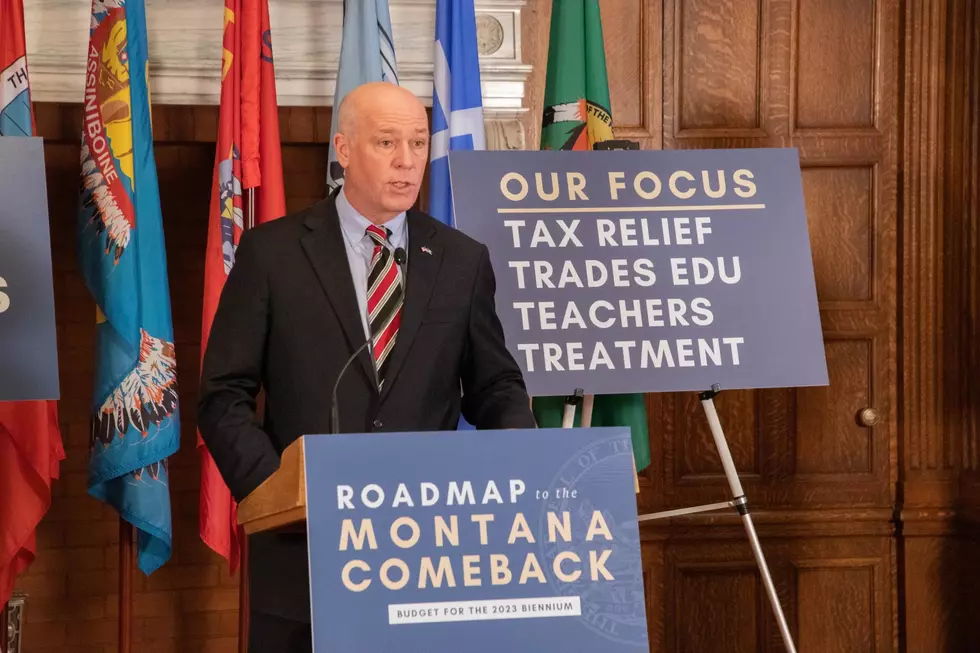
Medicaid Expansion Passes
The Senate gave final passage to a bill allowing the state to sell up to $80 million in bonds to fund building, water, sewer and bridge projects across the state. Both parties also supported a bill creating a framework to set bonding limits based on the state’s revenue and debt and to prioritize maintenance work over new buildings and said it likely helped a bonding bill pass for the first time in a decade.
Bullock signed a long-sought bill to remove barriers for firefighters to receive workers compensation coverage for illnesses, such as cancer and heart conditions, that could have been caused by exposure to chemicals while fighting fires.
Lawmakers also sent to a conference committee a bill that could be used to include an effort to authorize NorthWestern Energy to purchase an additional share of a coal-fired power plant in Colstrip along with additional access on a high-voltage power line. The committee is expected to meet next week. Bullock declined to say what provisions he might consider “good public policy” regarding the Colstrip effort.
The House still has to pass a budget bill and has a final vote on a bill that would fund a new Montana Historical Society museum with money from a 1 percentage point increase in the state lodging tax. The bill also would provide money to upgrade other museums around the state.
Democrats and moderate Republicans supported the Medicaid expansion program and reached a compromise between two proposed bills — one that would have continued the program much as it has been since 2016 and another that would have killed the program if the federal government rejected work requirements.
“Medicaid expansion has created thousands of jobs, thrown a lifeline to our rural hospitals, and provides critical health care for one in 10 of our neighbors,” said House Minority Leader Casey Schreiner. “There’s no longer any debate: Medicaid expansion works for Montana. We’re proud to see it head to the governor’s desk.”
The bill by Republican Rep. Ed Buttrey adds 80 hours of community engagement requirements per month, but does not tie federal acceptance of that provision to the continuation of the program. It also strengthens an asset test, increases premiums for people who remain on the program for more than two years, and requires Hutterite colonies to pay the state’s share of coverage for their members.
It also adds a tax on hospitals to leverage more federal funding. The Senate amended the bill to allow the health department to verify an applicant’s income with the Department of Revenue and included a June 2025 expiration date.
If the bill hadn’t passed, the program would have ended on June 30.
It’s estimated that the program could bring about $720 million in federal funding into the state in each of the next two fiscal years.
Opponents argued the program is not sustainable, contributes to federal deficit spending and there are too many exemptions to the work or community engagement requirements.
More From KBUL NEWS TALK 970 AM & 103.3 FM









